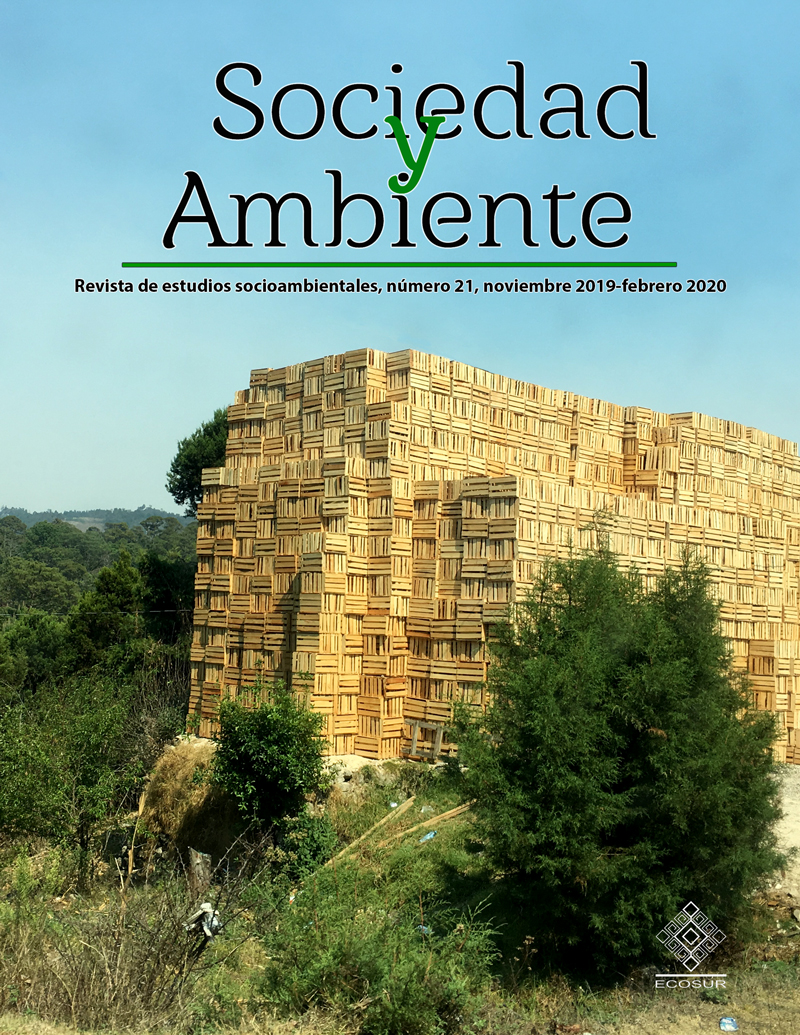Abstract
This paper analyzes the energy security of households which have adopted alternative sources of energy (solar heaters) with emphasis on the gender and age relations established around energy use. Data were gathered in Zacatecas through a mixed methodology that relied on interviews, questionnaires, focal groups and result exchanges. Two analytical axes were used: the rural/urban contrast and gender intersectionality. Two hypotheses were formulated: 1) the greatest the availability and affordability of energetics is, the greatest household energy security will be; 2) the cultural meanings given to sexual difference define the social relationships established around energy provisioning and use. Both hypotheses are proven right. Rural households have greater energy security than urban ones because their members have access to a wider energy battery. Men have the responsibility to provide the household economically while women must transform energy into care for its members. It is concluded that the understanding of these dynamics is key to facilitate the transition towards a sustainable model of energy.

Sociedad y Ambiente by ECOSUR is licensed under a Creative Commons Reconocimiento-NoComercial-SinObraDerivada 2.5 México License


